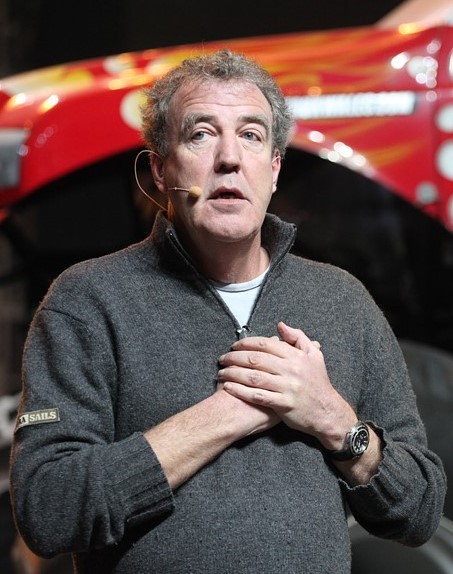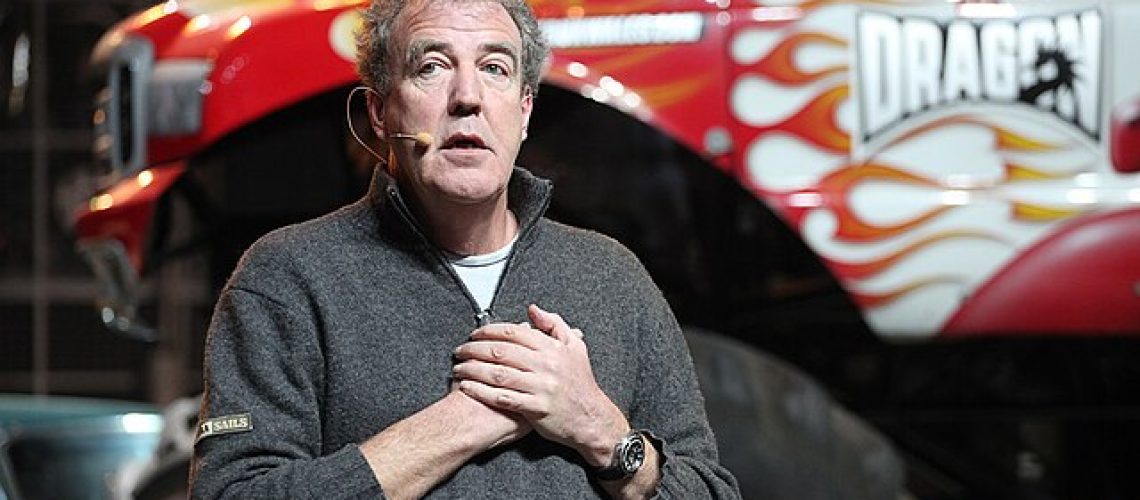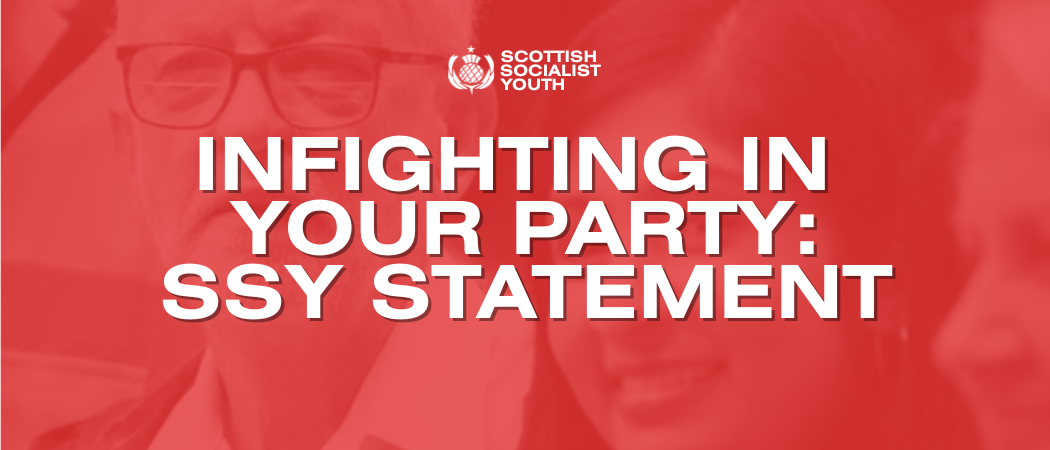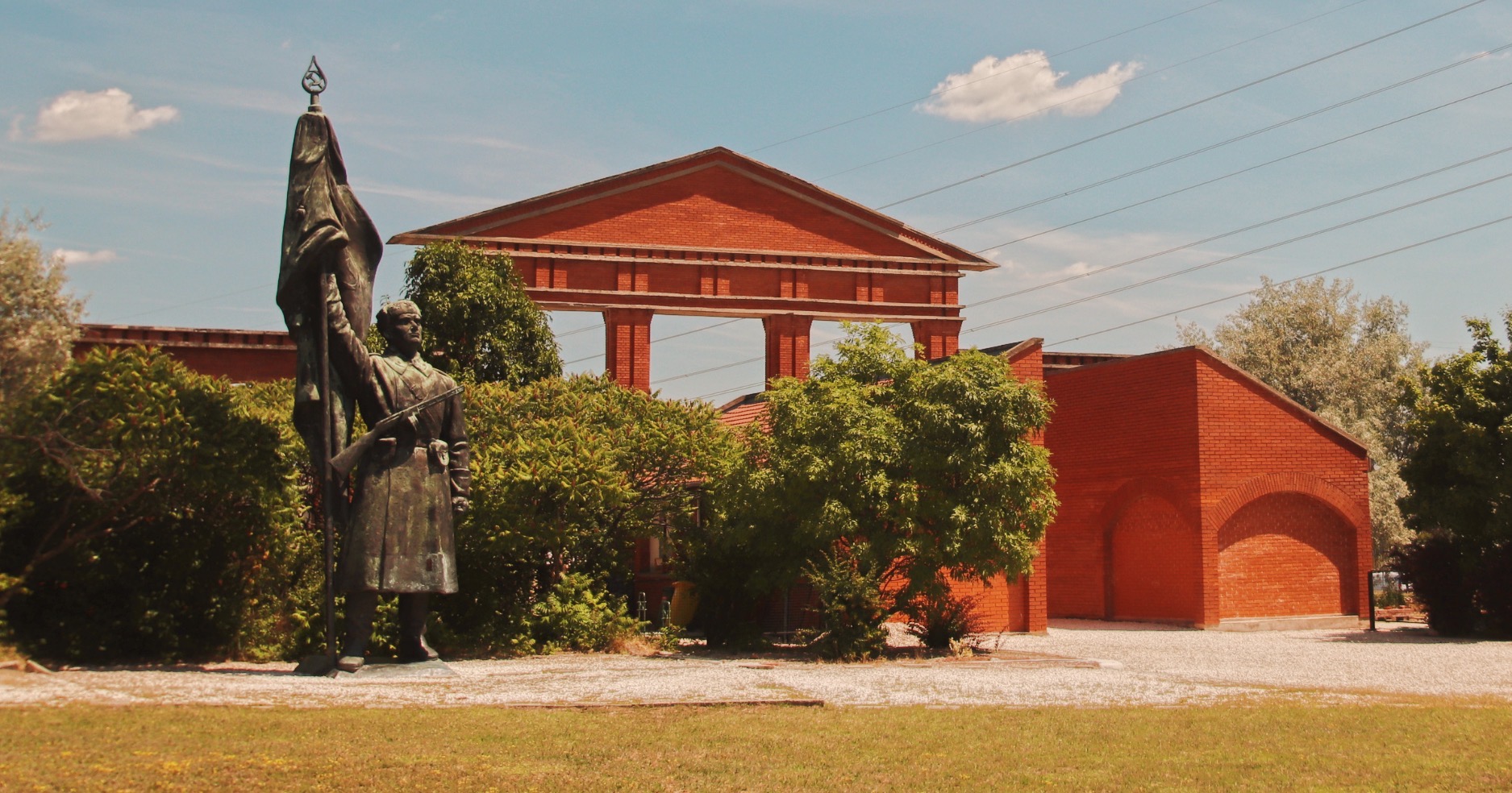On 23rd August, a farmers protest was held in Stirling’s Kings Park, the aim being to emulate farmer protests held earlier in 2025 against the introduction of inheritance tax on farms. It was, however, an innocuous affair, barely registering comment online.
Looking beyond the ‘family friendly’ veneer, it appears that this protest was an opportunist attempt to draw rural communities towards the far right and combine the genuine material demands of agriculturalists into the milieu of ‘culture war’ narratives. A mere glance at the social media of the protests’ organiser highlights this, with the anxieties of farmers being placed beside concerns about net zero and vaccines. Furthermore, Connor Graham, the increasingly conspiratorial organiser of the Cladhan Hotel protest, was a vocal supporter of the protest. It is concerning to see.
Yet, the left are silent on rural politics. Beyond the specifics of these protests, it begs a greater question of the left’s relationship with rural Scotland and why we are not offering our own solutions to the material problems of rural communities. Furthermore, what would a Socialist alternative even look like?

Image credit: UK Government
Labour and the Land
Historically, the labour movement has not found a great deal of support in rural communities. In recent memory, both the Blair and Starmer governments have irked the agricultural community and ignited mass farmer protests. In part though, this is a reflection of much deeper cultural narratives.
The dialectical relationship between urban and rural communities is one of the oldest narratives in human society. It portrays rural life as being divorced from modernity, and, in effect, as a living relic of the past. For the left though, these cultural associations divorce class and class struggles from rural communities. As rural sociologist Howard Newby wrote, ‘[rural communities are seen] in contrast to the apparently unending gloomy news about conflict ridden, strike-prone, double digit inflation, urban, industrial England.’
There is, furthermore, a racial subtext. Rural communities, unlike urban centres, are constructed as being ‘free’ from diversity and a last bastion of ‘native,’ ‘British’ communities. Ultimately, this is untrue. Our rural communities are not homogenous. There is considerable diversity in these places. Additionally, despite the wholesale fetishisation of the Isle of Skye by the industrial tourist complex, the northern area of Trottenish is one of the most deprived areas in the country. Class is undoubtedly a feature of our rural communities.
These narratives of rurality are persistent and must be combatted by the left. However, some on the left have furthered them. Those who seek to supersede the ‘idiocy of rural life’ in the name of hyper-industrialisation, or chase the fever dream of ‘fully automated luxury space communism’ alienate us from the rural working class. Rural life is not a problem to be overcome, and treating it as such will only entrench destructive cultural narratives.

Image credit: Wikimedia Commons
The Inheritance Tax
Beyond these narratives, it is necessary to explore the material underpinnings of recent farmer protests. Much of these protests over the past year have been a response to the introduction of a 20 per cent inheritance tax on agricultural properties valued at over £ one million introduced in the 2024 Autumn budget.
While at face value this may appear to be a fairly class conscious policy, it presents numerous issues. Land speculation means that many small and mid-sized farms are valued disproportionately to the income that they can generate. As such, family farms will not have the capital to pay the tax. This risks the further encroachment of industrial agriculture and concentration of land in private ownership. Additionally, the tax may see costs passed on directly to tenant farmers who are already suffering from increased energy costs and post-Brexit agricultural pressures.
Frankly, it is a blunt policy. It will not further land justice or combat rural inequality. In such a light, why would rural communities feel that the left carried their interests?
It is unsurprising that the inheritance tax provisions have produced widespread protests. However, it is unfortunate that, outside the Land Workers’ Alliance, most criticisms fail to incorporate the failures towards land justice and support for the rural working class. Instead, they predominately draw on the traditional narratives of the left’s opposition to rurality.
Some, however, go further. Jeremy Clarkson, who has positioned himself as the voice of British farmers, claimed that the tax was tantamount to ethnic cleansing. This is incredibly dangerous language and must be challenged. However, our rural communities in Scotland are home to minority language groups, be they Scots or Gaelic speakers, who sustain long held cultural traditions.
The changes to inheritance tax, by creating the conditions for the expansion of industrial agriculture, carries the potential to harm these communities. We must therefore link the needs of minority communities to the need for economic justice. If the Labour government truly cared about this, they would look towards different models of land ownership and support for small farmers rather than blunt taxation measures.

Image credit: Stay Legal
A Socialist Alternative?
It is clear the left faces problems when organising in rural Scotland. This has been compounded by the inadequate policy of the Labour Party. However, we can produce a genuine Socialist alternative for agriculture which furthers economic equality, land justice and ecological transition. In doing so, we must reconsider the way in which we view agriculture as a society. Agriculture cannot be viewed as just another industry run for profit but must become a public service, run for the equal benefit of producers, consumers and communities. This must involve a change in the mode of production, which places precedent on regenerative agriculture which is sensitive towards natural ecological metabolisms. We have already seen limited implementation of this on a number of farms, such as at Rotmell Farm in Perthshire. Through adopting a regenerative model, Rotmell has implemented widespread measures to increase biodiversity and soil health.
Moving to such a model, however, can be capital intensive and sacrificing short term profitability. We must therefore look to establish support to allow transition towards such a productive model. Furthermore, we must ensure that transition is carried out in a way that fosters economic and social justice, not just green washed profits. Agricultural budgets across the country need drastically increased and grants reoriented towards those with the greatest economic need. However, it must be combined with wholesale economic development in our rural communities. The public sector must be mobilised to ensure sufficient housing, transport, health care and economic opportunities, agricultural or otherwise, for all rural communities.
I advocate that the SSY should broadly adopt the positions of the Landworkers’ Alliance and demand the adoption and support of agro-ecology. In particular, their Share the Land offers an in-depth vision of what agriculture on the land could look like. It is an optimistic and empowering vision that they present, and we must echo their policy demands. For all the past failings and the mistakes of the current government, if we want to truly combat the reactionary right, then we must do better and engage rural Scotland in earnest.
Featured Image Credit: Wikimedia Commons







